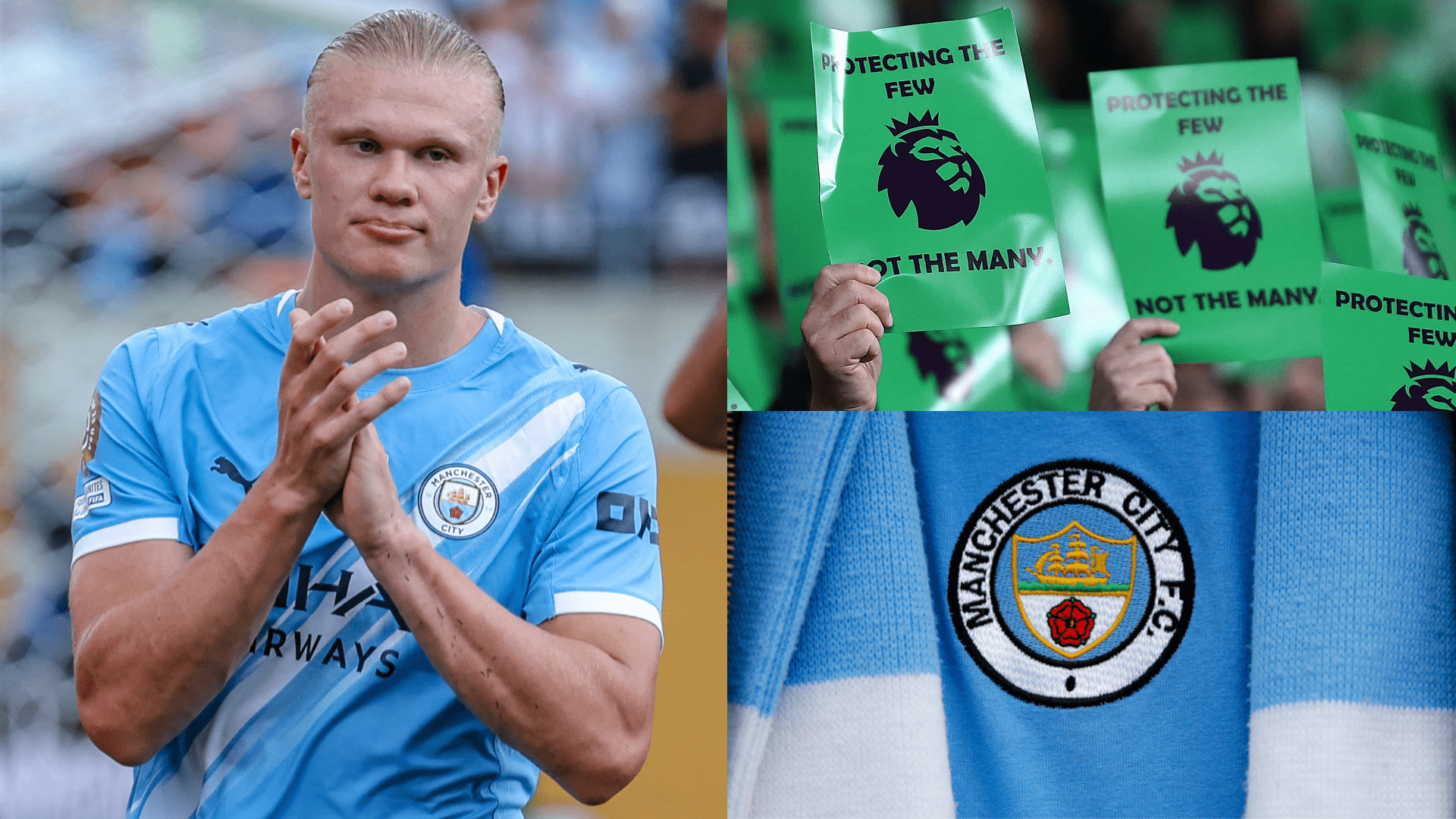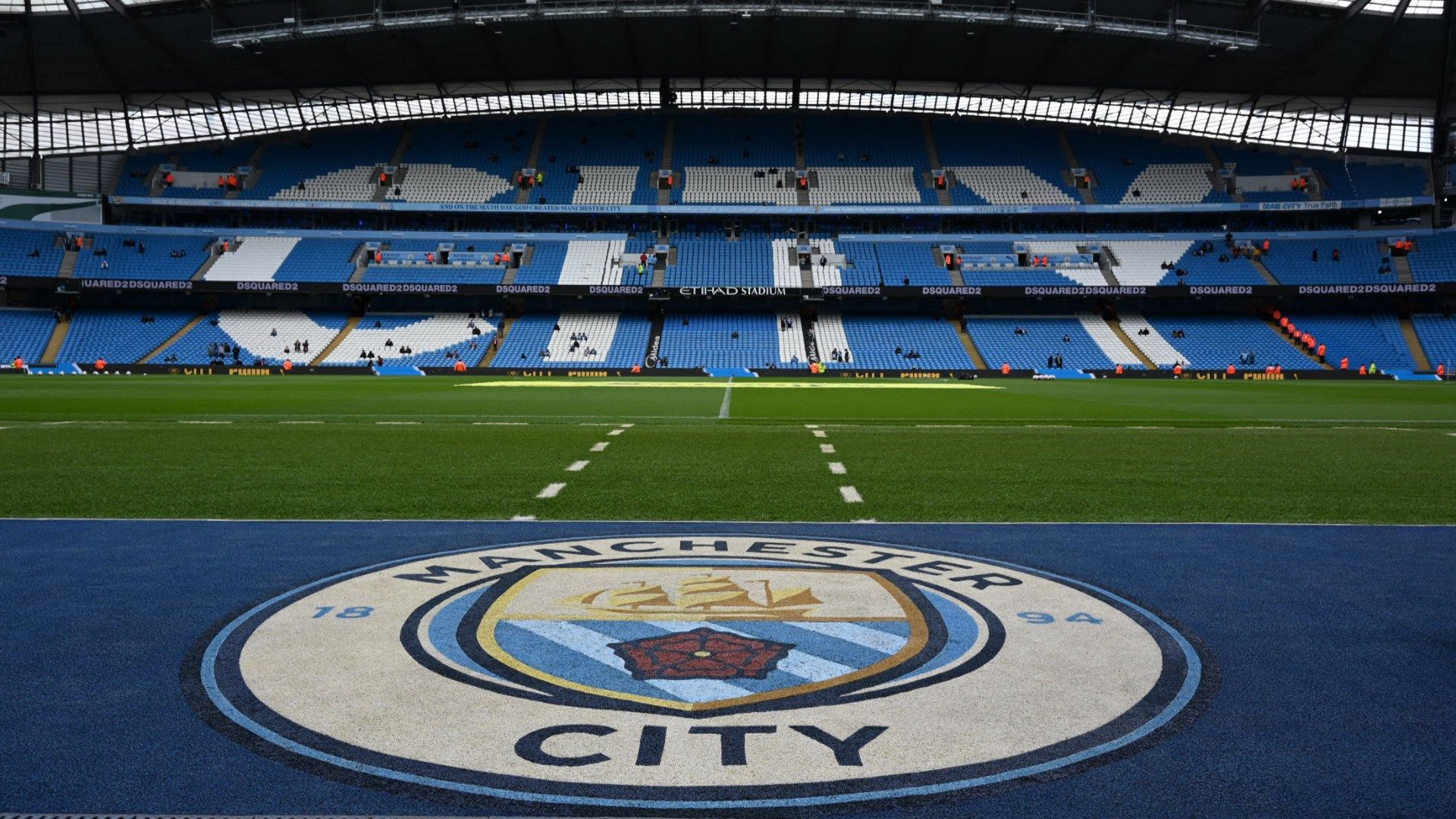The Potential Fallout from Manchester City’s FFP Controversy
Amid the ongoing scrutiny of Manchester City’s Financial Fair Play charges, fans and experts alike are debating the implications for the club’s future in the Premier League. This high-stakes situation highlights the balance between upholding financial regulations and preserving the integrity of English football’s top tier.
- Major Premier League contenders awaiting a final decision
- Diverse penalties being considered
- Operations proceeding normally at the Etihad Stadium


Speculated Outcomes in the Manchester City FFP Saga
One of the options under discussion involves the possibility of demotion for the 10-time English football title holders as they face the resolution of an extended Financial Fair Play dispute. Conversations have also surfaced around options such as subtracting league points, imposing monetary penalties, and restricting player acquisitions.
Manchester City’s Stance and Daily Operations
The team insists on their innocence, maintaining standard activities at the Etihad Stadium, even as an impartial review of alleged financial irregularities wraps up and a verdict looms. This approach underscores their confidence amid the uncertainty.
Global Interest and Expert Opinions on Possible Sanctions
From minor reprimands to full expulsion from the top division, the array of potential disciplinary actions has captured worldwide attention, with everyone keen to see the decisions from the governing bodies. A former player from the club expresses doubt that severe measures will be enforced, advocating for a measured response.
Insights from Terry Phelan
Terry Phelan, in partnership with NetBet IE sports betting, shared with BALLGM his thoughts on whether stars like Erling Haaland and Rodri might end up in lower-tier competition: “What outcome are you hoping for? Demotion from the top flight? Forcing them into second-division play? Could that harm the organization as a whole?”
“Despite the accusations looming, the squad must focus on performing. They need to elevate their game from the previous season-especially with Rodri’s return. The team underperformed in their latest international event [FIFA Club World Cup], yet they’ve brought in fresh personnel, acquired new talent, and invested funds, signaling they’re undeterred.”
“Some are calling for title revocations, similar to what happened with another European giant, insisting on seeing them relegated. But consider the athletes themselves. Prioritize the individuals over the institution-the performers must compete, and they bear no fault.”
“It’s improbable that it’ll occur. I don’t foresee it. Perhaps they’ll face a financial penalty or a light warning. Do you prefer Manchester City in the Premier League or demoted, which could boost earnings for other teams through increased revenue? What’s truly desirable? They’d likely need to offload key players.”
“In my view, such a development for Manchester City would lead to significant turmoil. Beyond my history with the club and my fandom, it would create widespread disruption. The elite teams belong on the premier platforms; otherwise, the sport loses its appeal.”
Manchester City’s Transfer Moves Amid the Uncertainty
The club has kept up aggressive spending during the summer market, adding players like Tijjani Reijnders, Rayan Cherki, and Rayan Ait-Nouri, all while building anticipation for their 2025-26 campaign kickoff on the road against Wolves on August 16.
Understanding the 115 FFP Charges Against Manchester City
In the world of Premier League football, Financial Fair Play (FFP) regulations are designed to ensure clubs operate sustainably and maintain a level playing field. Manchester City’s 115 FFP charges have sparked widespread debate, particularly around players’ welfare. Authorities have raised flags about the potential fallout if severe penalties like relegation are imposed, emphasizing how such actions could be unjust and disruptive. Let’s break this down step by step to explore the key issues.
What Are FFP Charges and Their Relevance to Players’ Welfare?
FFP rules, enforced by bodies like the Premier League and UEFA, aim to prevent clubs from overspending and creating financial imbalances. For Manchester City, these 115 charges stem from allegations of inaccurate financial reporting, sponsorship deals, and potential breaches of profit and sustainability rules over several years. While the focus is often on financial accountability, the ripple effects on players’ welfare can’t be ignored.
Players’ welfare in football encompasses physical health, mental well-being, and career stability. If FFP violations lead to harsh sanctions, players might face sudden changes in their professional environment. For instance, relegation could mean losing access to top-tier medical facilities, training resources, and even sponsorship perks that support their daily lives. Experts in sports ethics argue that players, who are often not directly involved in financial decisions, shouldn’t bear the brunt of club-level mismanagement.
- Key aspects of FFP charges affecting welfare:
- Transfer market instability: Relegation could force mass player sales, disrupting long-term contracts and leaving athletes in limbo.
- Training and recovery resources: Premier League clubs invest heavily in player welfare programs; a drop to lower leagues might cut access to these, increasing injury risks.
- Mental health pressures: The uncertainty of legal battles and potential demotion can lead to stress, anxiety, and even performance dips, as highlighted in studies from sports psychology organizations.
Concerns for Players’ Welfare in the Midst of FFP Investigations
The ongoing scrutiny of Manchester City’s FFP charges has brought players’ welfare to the forefront. Football authorities, including the Premier League and independent panels, have warned that punitive measures like relegation could harm not just the individuals involved but the entire sport’s ecosystem.
Potential Impacts of Relegation on Players
If Manchester City were relegated due to FFP breaches, the human cost to players would be significant. Imagine a star striker who’s built their career around high-stakes matches suddenly facing the Championship league – it’s a massive shift that could affect everything from their earnings to their family life.
- Physical toll on athletes:
- Relegation often means adapting to a faster, more physical style of play in lower divisions, which could exacerbate injury rates. For example, players used to the tactical precision of the Premier League might struggle with the intensity, leading to higher instances of strains or long-term damage.
- Access to specialized welfare services, like physiotherapists and nutritionists, could diminish, making it harder for players to maintain peak condition.
- Mental health and career stability challenges:
H4: Emotional strain from uncertainty
The prolonged FFP investigation has already created a cloud of doubt for Manchester City’s squad. Players might experience isolation, with social media backlash adding to the pressure. Authorities point out that this could mirror past cases, like those in European football, where teams under sanctions saw increased rates of player burnout.
H4: Long-term career disruptions
Relegation isn’t just a temporary setback; it can stall a player’s progression. Top talents might seek transfers, leading to instability and potentially ending promising careers prematurely. Football unions have advocated for better safeguards, stressing that players’ welfare should be prioritized over financial penalties.
According to reports from sports governing bodies, such disruptions could violate broader player protection guidelines, like those outlined in FIFA’s welfare frameworks, which emphasize fair treatment regardless of club circumstances.
Authorities’ Stance: Why Relegation Could Be Unjust and Disruptive
Football authorities have been vocal about the risks of automatic relegation in FFP cases, arguing it doesn’t align with principles of fairness. The Premier League’s independent commission has suggested alternative punishments, like fines or transfer bans, to avoid the chaos that relegation would bring.
Why Relegation Is Considered Unjust
At its core, the injustice lies in the disproportionate impact on innocent parties. Players’ welfare advocates argue that relegation punishes athletes for decisions made by club executives, which feels like an unfair burden. For Manchester City, whose players have committed to the club based on promises of stability, this could breach ethical standards in sports management.
- Arguments from authorities:
- It undermines the spirit of FFP: While financial regulations promote equality, experts warn that extreme measures ignore the human element, potentially leading to legal challenges from player representatives.
- Disproportionate effects on diversity: Relegation could disproportionately affect international players who rely on Premier League exposure for their global careers, raising concerns about equity in players’ welfare.
H3: The Disruptive Effects on the League and Beyond
Relegation wouldn’t just affect Manchester City’s roster; it could ripple through the entire Premier League. Imagine the domino effect: Other clubs might lose key matches or sponsorships, and the league’s competitive balance could suffer. Authorities highlight how this disruption extends to players’ welfare across teams, as it could lead to a broader erosion of trust in football’s governance.
- Broader implications for the sport:
- League integrity and fan engagement: A forced relegation might deter fans and sponsors, indirectly impacting players’ morale and financial security through reduced matchday revenues.
- Global football standards: If players’ welfare is compromised in high-profile cases like this, it sets a precedent that could weaken international efforts to protect athletes, as seen in UEFA’s ongoing reforms.
In discussions around Financial Fair Play, balancing enforcement with players’ welfare remains crucial. Authorities continue to push for measured responses that address violations without causing undue harm, ensuring the game stays fair and humane. This approach not only protects individuals but also strengthens the Premier League’s reputation as a leader in sports ethics. (Word count: 752)









